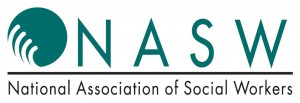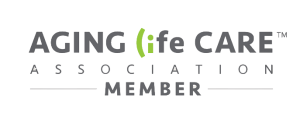This is the time of year when it is customary to take a closer look at your life and resolve to make improvements. 1. Exercise more, 2. Eat healthier, 3. Meditate…you know the list. I would like to add one more item to your list of resolutions; 4. Complete my advance directives and help my loved ones complete theirs.
Even if you are not living with a life-limiting illness, an accident or injury could occur at any time. That is why it is such a good idea to talk through emergency medical treatment decisions before a crisis arises. An advance directive is a document that gives your doctors and family guidance in how to care for you when you cannot speak for yourself or make your wishes known to them.
Unless we are living with illness, we tend to avoid the subject of critical care or think it doesn’t pertain to us. Consider questions such as; Who do I want to make decisions for me when I am unable? When should CPR be attempted? When should artificial nutrition be administered? What is the difference between palliative care and hospice care? What is involved in organ donation? The answers to these questions are very significant in the advance directives discussion.
For your peace of mind, and your family’s, think about what is important to you. Share your wishes with your family. Many physicians, nurses and social workers are trained as advance care planning facilitators. Susan is an experienced facilitator and available to assist you and your family with these important decisions.





No comments yet.